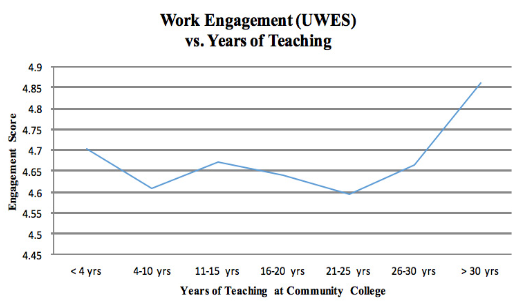Colin Read • May 28, 2022
Consumers are King? May 29, 2022

Consumers are King? - May 29, 2022
Small nations suffer the vagaries of international trade to provide them with the goods and services they cannot efficiently produce themselves and the ready markets elsewhere for items they can. This practicality makes them much more sensitive to the state of the global economy.
But while a country like Canada must deal in international trade to support its economy, the United States and, increasingly, China, can dictate the state of their domestic economy. This is because in a large nation that controls a diversity of resources and commands a robust consumption economy can keep their economic fate in their own hands.
China uses this economic potency to great effect. Often the United States cannot get out of its own political way and figure out how to successfully coordinate fiscal and monetary policy. As readers well know, that economic dysfunction has created the bind we now find ourselves in.
Given our inability to coordinate fiscal and monetary policy, we understand the difficulty the Federal Reserve has in combating a cost-push inflation they fear may transform itself into a wage push inflation and a stagflation. In this predicament, consumers play a critical if inadvertent role.
In a bid for popularity from consumers who could benefit directly from fiscal largesse, and in fostering the sense that our leaders were doing something to save a COVID-ravaged economy, two U.S. presidents have placed trillions of dollars of (mostly unnecessary) income into the pockets of households and businesses.
Of course, with a decimated supply chain, there were few avenues to spend that money. Restaurants and theaters were closed, as were factories and construction companies for long periods of time. Consumers did with that income the same thing they always do with manna dropping from heaven, but even more so. They banked it.
The economically-naive but perhaps politically-sophisticated or cynical policy to pay people to do nothing at work or through spending left a big debt for future generations to pay, but also has led to the next problem we must navigate.
As we come out of our Covid shell and start spending again, we have overwhelmed the supply chain and instead just raised prices. This cranked up inflation. In addition, the Great Resignation means that the workforce has shrunk, which is why it is so easy to maintain a low unemployment rate. But, it also translates into higher wages, which further stresses inflation.
Now, we must come to grips with significantly higher prices, but without a proportional increase in wages or pensions. Now, we find we are necessarily spending more, and depleting our savings to do so. Our spending rose by almost 1% in a single month, but our savings declined by about 10%. These numbers match up pretty well since savings only constitutes perhaps a tenth of our income.
In other words, we are forced to spend more to cover the higher costs of things we must purchase, but we are relying not on additional production to do so but instead on depletion of our wealth or an increase in personal debt. We as consumers are in essence deficit-financing our current inflation, necessarily so as people must purchase more expensive gas to drive to work and costlier food to feed our families. We are not buying more, and may actually be buying less. But, we are paying more for it, which raises spending.
We are in some way acting Keynesian in using our savings rather than generating income to prop up a recession-threatened economy. The difference is that Keynes suggested government only do so during deep recessions, although our government has a penchant to do so even in periods of positive growth.
But Keynes would be the first to remind us that spending our way to prosperity is not sustainable when the productive capacity of the economy has declined. It just creates inflation during a recession - or what we now call stagflation.
This increase in spending and depletion in savings will ultimately drive up interest rates, which is what the Fed is hoping to accomplish, and should have done much more much earlier. The higher interest rates will have all kinds of displacements, in construction, new car sales, home prices, any many other ways that will slow the economy down to the point it cries uncle and stops generating higher prices. This process is always and necessarily painful, but inevitable if we do not want to perennially endure inflation.
All these signs, of economic contraction, inflation that has reached a forty year high, a savings rate that has plunged to the lowest rate since pre-Great Recession, and a level of employment that is only 60% of our population, from about 65% of the population at the beginning of this millennium, are all omens of an increasingly dysfunctional and perhaps recessionary economy.
As we keep saying, be sure your seatbelt is securely fashioned and your tray tables are in the upright and locked position.









